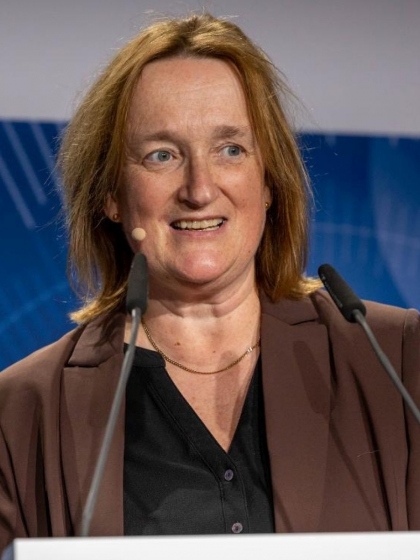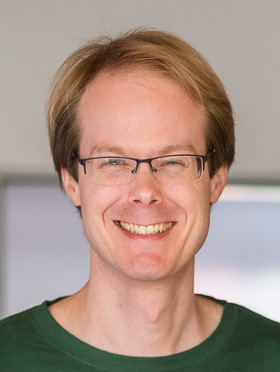Invited speakers
FMICS is very happy that the following speakers have confirmed to give an invited talk
Ina Schieferdecker, Independent Researcher
Title: Empowering Testing with AI
At the latest, since the advent of Copilot, AI-supported software development has been the focus of significant discussion, manifold experimentation and continuous enhancements.However, even prior to this development, the utilisation of AI-based methods in testing processes, including test generation, test result analysis and test process optimisation, has been a very active research field and has seen increasing successful implementation within industry. The keynote presentation provides a comprehensive overview of the current state of AI-supported software testing, along with the tools and experiences pertaining to their usage.

Short CV: Ina Schieferdecker is an independent researcher and Honorary Professor for Software-Based Innovations at the Technical University of Berlin. Since her PhD, she has been active in protocol testing, software testing, test automation, model-based testing, performance testing and security testing - in telecommunications, automotive, data platforms, smart cities and medical IT. She was a member of the TTCN-3 team at ETSI, an initiator of the UML testing profile at OMG, and an initiator of the test automation syllabus at ISTQB - and is a 1st day member and now an honorary member of the German Testing Board.
Arnd Hartmanns, Associate Professor at University of Twente, NL
Title: Sound and Modest Approaches to Quantitative Model Checking from Sea to Space
The study of quantitative system properties such as resilience, response times, and throughput is crucial in the design and operation of complex cyber-physical systems. The formal methods community has developed a variety of approaches to evaluate and optimise such properties with clear correctness and optimality guarantees. In practice, however, every application poses new challenges that require adaptations and novel combinations of the "off-the-shelf" methods we usually present in scientific papers. In this presentation, I will use recent case studies ranging from water management for storm surge protection to routing in satellite constellations to (i) contrast the different demands on model expressiveness and tool capabilities of each application and (ii) highlight the capabilities of the Modest Toolset to solve these challenges with the varied modelling, simulation, and verification approaches it implements. Throughout, I will survey the degree to which our tools actually (fail to) deliver the correctness and optimality guarantees they claim.

Short CV: Arnd Harmanns is associate professor in the Formal Methods and Tools group at the University of Twente. His primary research interests are modelling tools and formalisms for stochastic timed and hybrid systems (in particular Modest) and their applications in various fields. He advocates reproducibility in Computer Science research, via artifact evaluation initiatives, tool competitions, and standardised benchmark sets. He was previously a postdoc in the Formal Methods and Tools group at the University of Twente and the Dependable Systems and Software group at Saarland University, where he also completed his Ph.D. in computer science with a thesis On the Analysis of Stochastic Timed Systems in 2015.